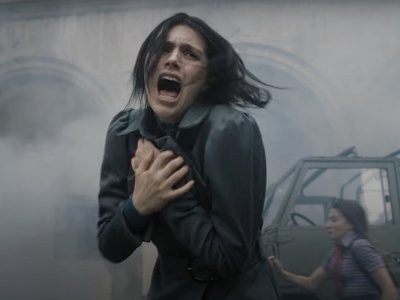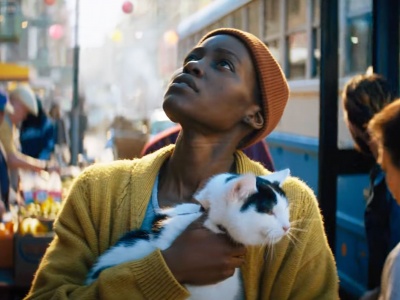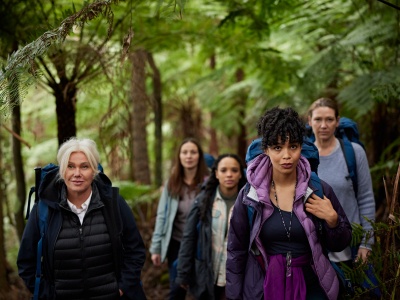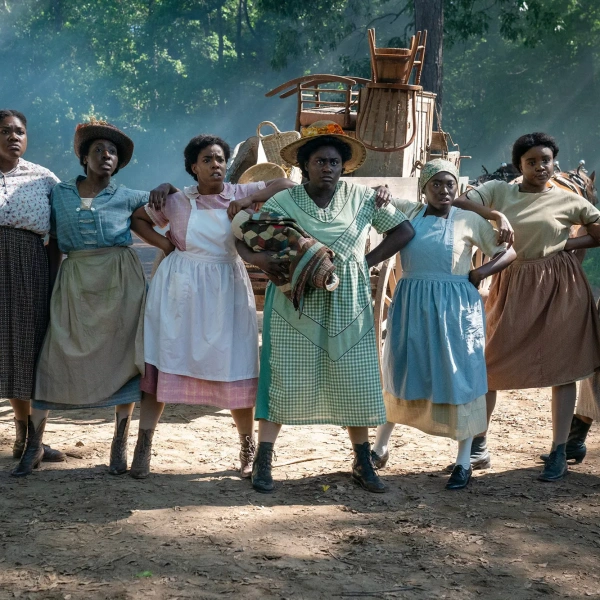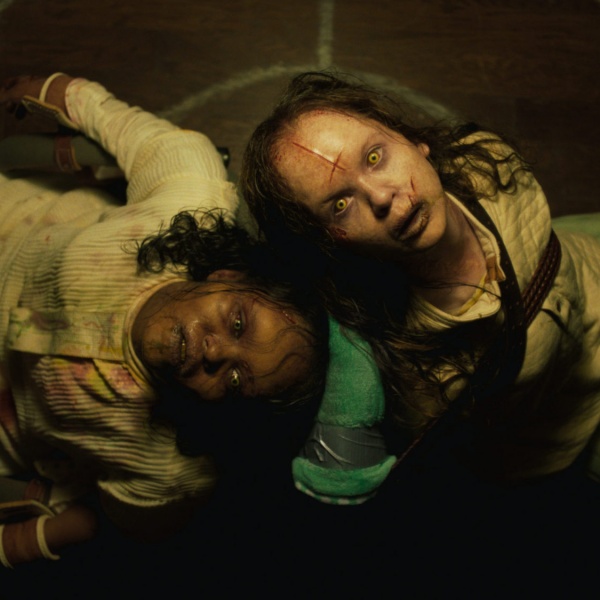 One of the greatest achievements of Black Coal Thin Ice is the way in which director Diao Yinan makes his audience feel the cold of northern China; whether it is the frosting of warm breath on the frigid air, the sound of sharpened skates on the dull ice, or the imagery of cracked sheets of ice caked onto a car’s windscreen, the effect of the cold assaults the senses to the point that it becomes a character in the film, as fleshed out and real as the protagonists.
One of the greatest achievements of Black Coal Thin Ice is the way in which director Diao Yinan makes his audience feel the cold of northern China; whether it is the frosting of warm breath on the frigid air, the sound of sharpened skates on the dull ice, or the imagery of cracked sheets of ice caked onto a car’s windscreen, the effect of the cold assaults the senses to the point that it becomes a character in the film, as fleshed out and real as the protagonists.
Black Coal Thin Ice is a detective story. In 1999 Zhang Zili (Liao Fan) is a recently divorced police detective who catches a grisly murder case after the body parts of a coal worker are found scattered across the country. While following the trail of the killer Zhang is shot and two of his partners are gunned down in a fantastically dark shootout in a neon lit hair salon. After the shooting a traumatised Zhang begins a descent into alcoholism that costs him his job and leaves him a husk of a man. Five years later, now a security guard and barely functioning alcoholic, Zhang stumbles upon his former partner on a stakeout that has connections with the murder case from 1999. It is a chance encounter that will lead Zhang into a dark labyrinth of sex and violence that is as treacherous and dangerous as the title implies.
One of the great things about Black Coal Thin Ice is the different perspective it offers to the film noir and crime genre. While the novels of Raymond Chandler and James Ellroy and the work of David Lynch and The Coen Brothers are evoked by the film, it is a thoroughly Chinese interpretation, giving us a film noir with an eastern eye for detail and aesthetic style, and a unique voice to familiar crime tropes. Even the pacing and cadence of the film is remarkably different with Diao opting to break dark moments with surprising humour and, even more effectively, breaking humorous moments with shocking violence. These rhythmic choices all add up to create a film of surprising tension and dark comedic tones.
The film begins in an opaque mode, but as it moves forward small details and clues begin to drop and the mystery comes  together with surprising lucidity. This is not a film that will hold your hand, it is instead an intelligent and well-crafted crime story, one that will leave you satisfied with its conclusion.
together with surprising lucidity. This is not a film that will hold your hand, it is instead an intelligent and well-crafted crime story, one that will leave you satisfied with its conclusion.
Part of the reason Black Coal Thin Ice works so well is the level of detail and authenticity displayed by the filmmakers. Diao apparently spent years writing the screenplay for the film, honing the script to a fine edge after spending time observing real Chinese policemen in the city of Harbin. Given this information it is fair to assume that the ineptitude and misogyny depicted in the film hit close to the mark.
The blatant misogyny and sexual harassment faced by the women in the film is appalling, even the film’s ‘hero’ Zhang is not above forcing himself on his ex-wife, colleagues and even suspects linked to his murder investigation. The women in Black Coal Thin Iceare depicted as victims upon which the lecherous and predatory men of the film prey, and it seems as if contemporary provincial China is still very much a boys club where women are treated as nothing more than sexual chattel.
While the soundtrack is brilliantly used to evoke the chill of provincial China, it is the cinematography that is the film’s true strength. Northern China looks bleak, the whites and greys and muted blues of the exterior landscapes stand in stark contrast to the colourful, neon lit interiors of the dance halls, dry cleaners and hairdressers that occupy the city. Everything from the buildings, cars, and buses looks utilitarian and cheap; there is no room for luxury in this part of the world and the beautiful cinematography captures the world of northern China in an impressive and emotive fashion.
Black Coal Thin Ice won the Golden Bear award at the 64th Berlin International Film Festival so you know that it is a film worthy of your attention and it is a strong candidate for this year’s Sydney Film Festival. If you’re a fan of film noir or detective fiction then this film is one you cannot miss.
By Liam Kinkead


